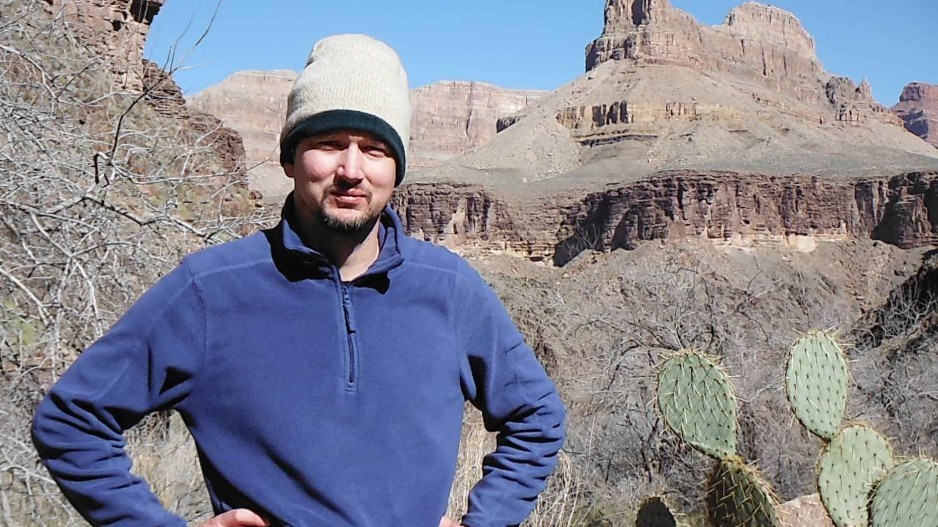B.C. has been administering anywhere from 50,000 to 175,000 COVID-19 vaccine jabs on a given day, according to COVID-19 Tracker project data.
Much of those efforts in recent weeks have shifted from delivering first doses to delivering second doses, leaving the question open as to what B.C.’s second-dose coverage will look like as the province hovers around 80% of the eligible population being partially vaccinated.
“The first dose vaccinations dropped quite a lot as the second doses ramped up. But it’s increasing,” said Dan Coombs, a University of British Columbia mathematics professor and an expert in modelling pandemic growth and control.
On July 21, 5,270 British Columbians received their first dose, while 58,223 received their second dose. A week earlier, 5,766 British Columbians received their first dose, while 61,284 received their second dose.
“I think it should be achievable to get maybe 85[%], maybe a bit more,” said Coombs. “Maybe as high as that goal of 90%.”
Dr. Bonnie Henry was hopeful five weeks ago that 75% of the eligible population on the West Coast would be fully vaccinated by the end of July.
But with less than a week to go and just over half the province’s eligible population fully vaccinated, that target looks almost guaranteed to fall short.
Presently, there’s only slightly more than a five-percentage point difference between Henry’s fully vaccinated goal and how many first doses have been administered.
“Even though we have a good first dose coverage, we still need to I think go a bit higher,” Canada’s chief public health officer, Dr. Theresa Tam, said during a June 29 briefing. “And quite a number of people haven’t had the full vaccination, so this is a period I think that we should be more cautious.”
But Coombs said he’s excited by the way the province is getting creative in convincing people to get a shot.
For instance, British Columbians have been able to drop in at any clinic within the Vancouver Coastal Health (VCH) region for their first dose since June 30.
And the VCH has been launching pop-up clinics at summer hot spots like the Trout Lake farmers' market in Vancouver or North Vancouver’s popular Shipyards District. First doses will be prioritized, but second doses will also be permitted if there’s capacity.
But even with vaccinations rising steadily (Canada recently overtook the U.S.’s fully vaccinated rate after being slow out of the gate), concerns have been raised about whether some variants could throw sand in the gears of the province’s efforts to clamp down on the coronavirus.
While the Delta variant is known to be more contagious, reports of breakthrough cases — COVID-19 infections to emerge in fully vaccinated people — don’t necessarily mean the vaccines are ineffective.
“I think people need to appreciate when you talk about breakthrough infections that the original data from the clinical trial — the efficacy data was based on preventing clinically apparent disease, not preventing infection, such as asymptomatic infection,” Dr. Anthony Fauci, director of the U.S. National Institute of Allergy and Infectious Diseases, said July 20 before the U.S. Congress.
But with half the global population having no access to vaccines, Coombs said we should expect COVID-19 to be around for a long time.
And a big concern, he added, is that a variant could emerge that proves to be vaccine-resistant.
“If it was really as dangerous [as COVID-19] we would literally be back to Square 1 at that point.”




